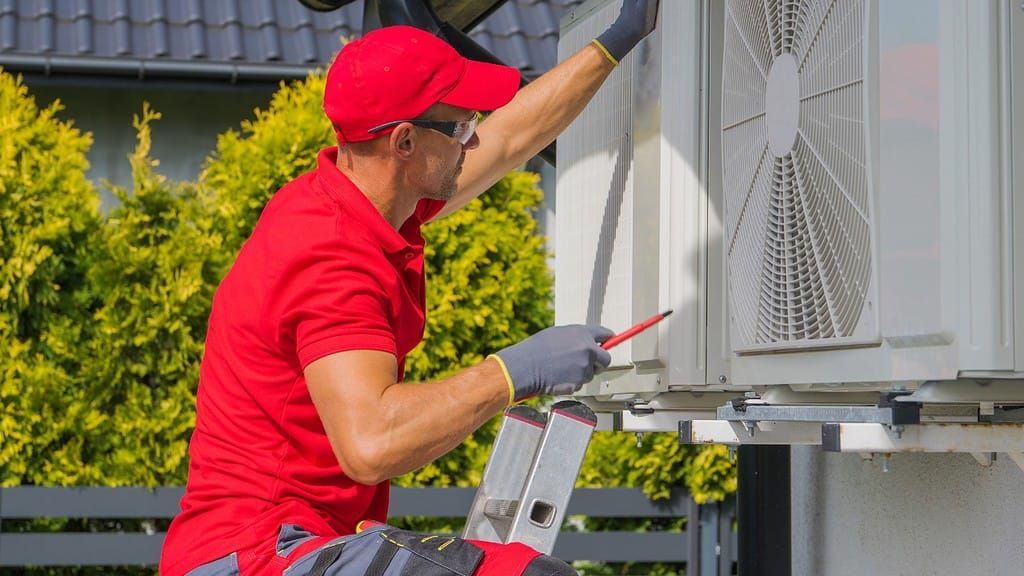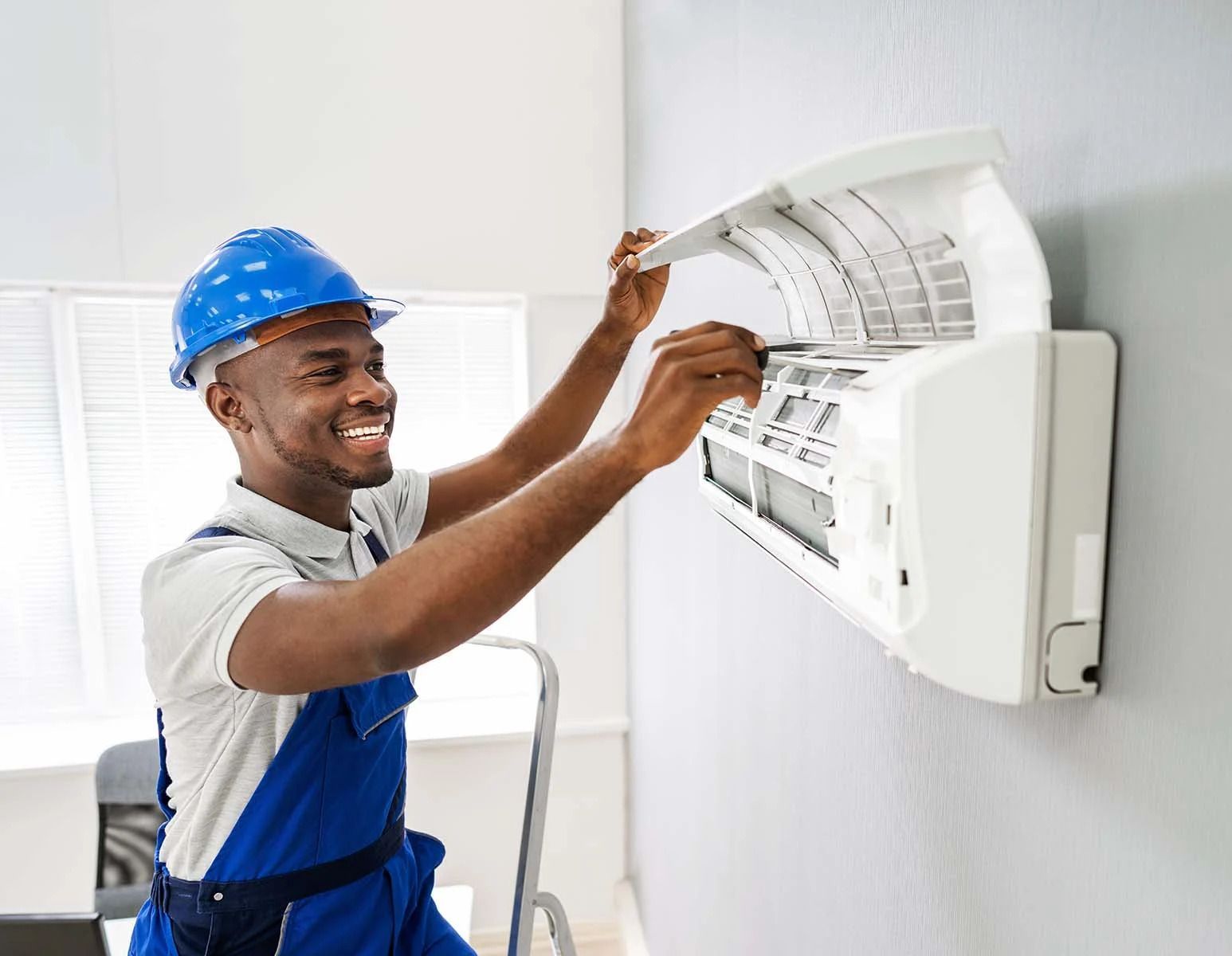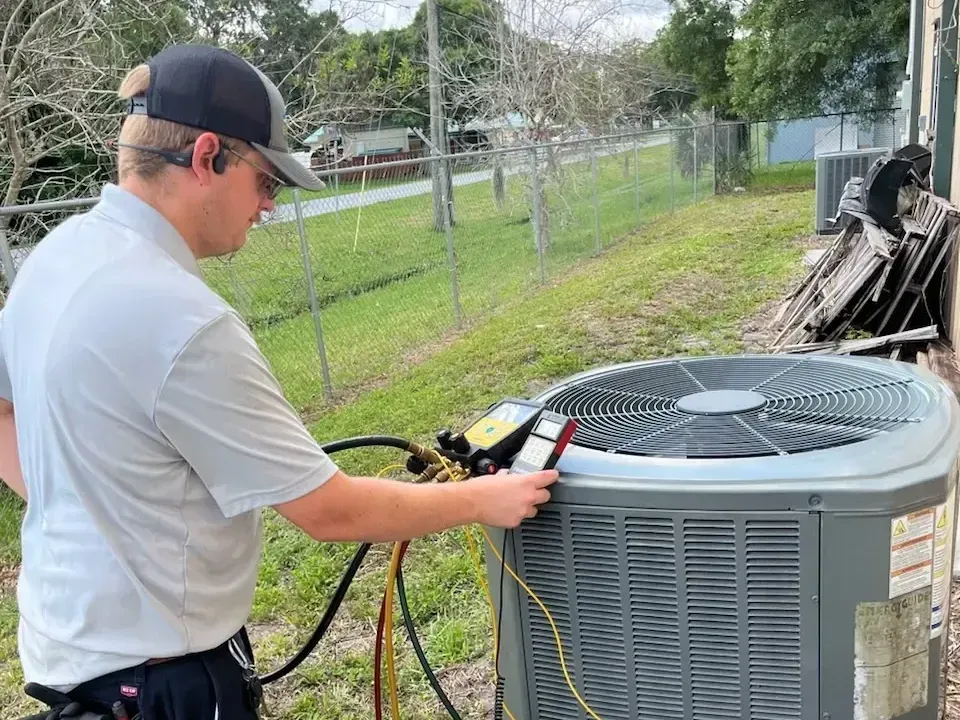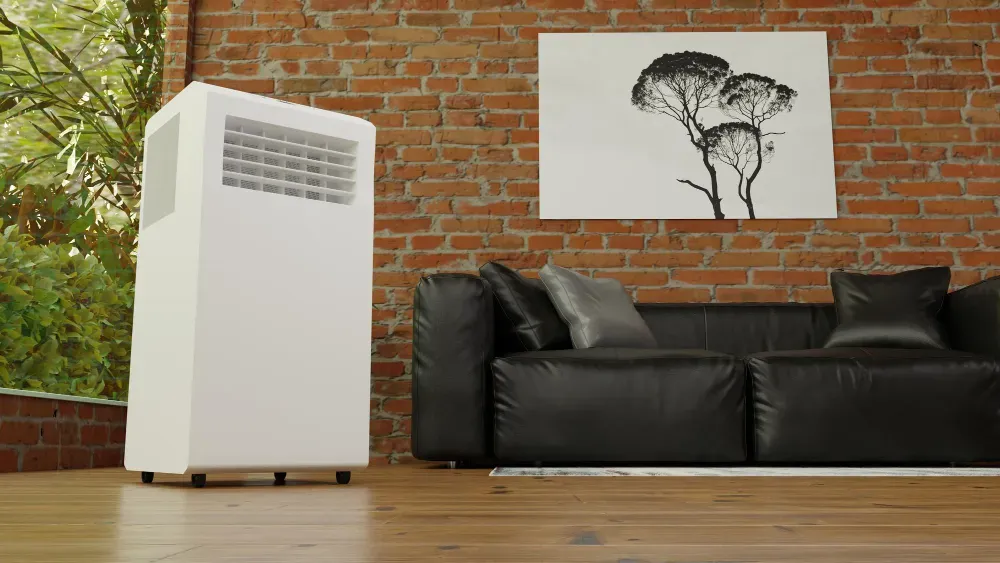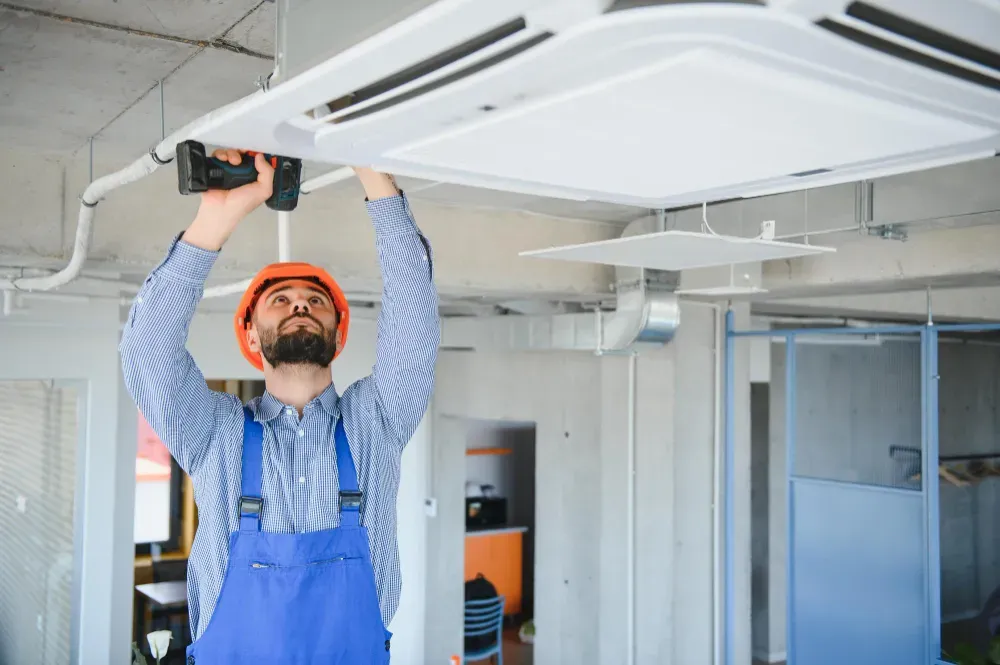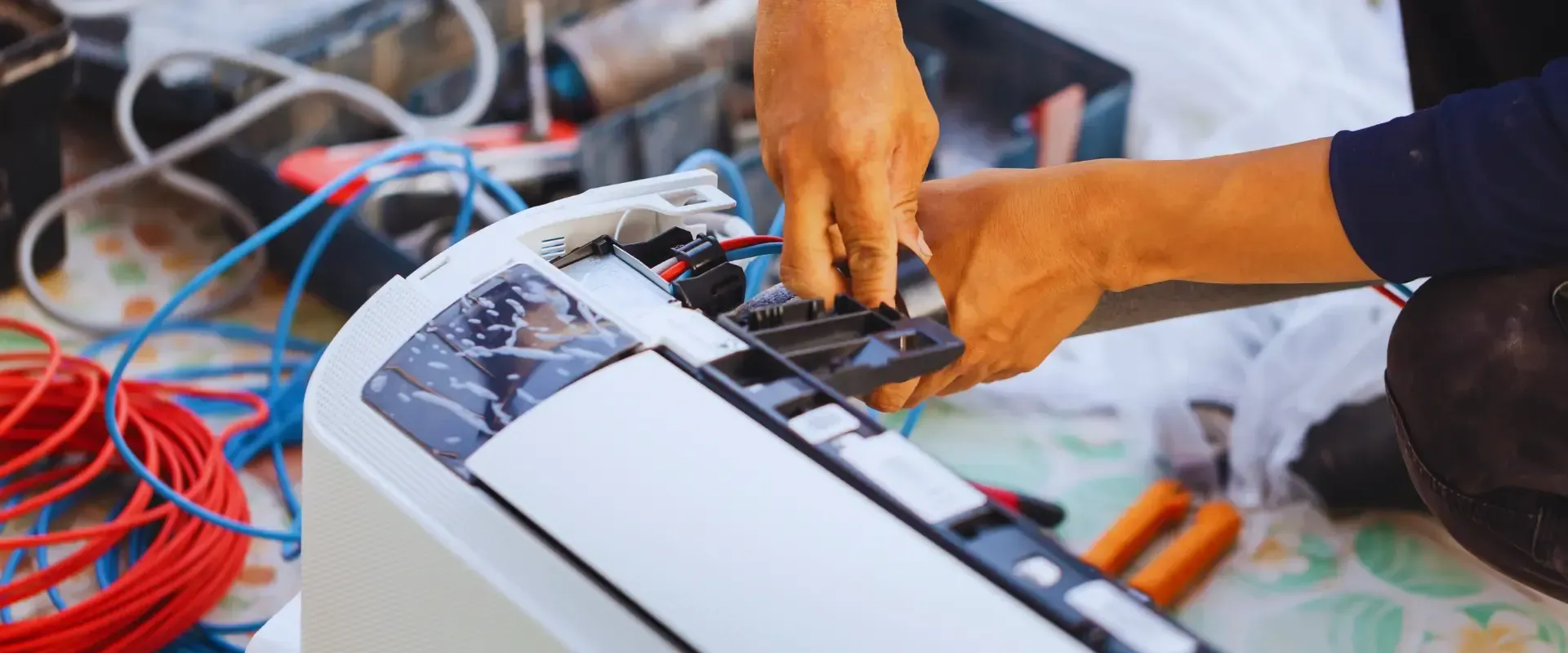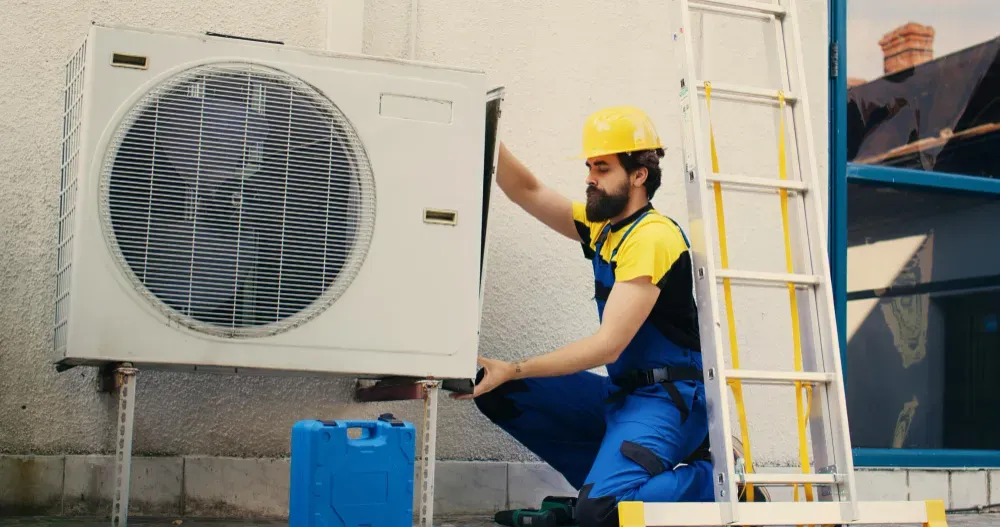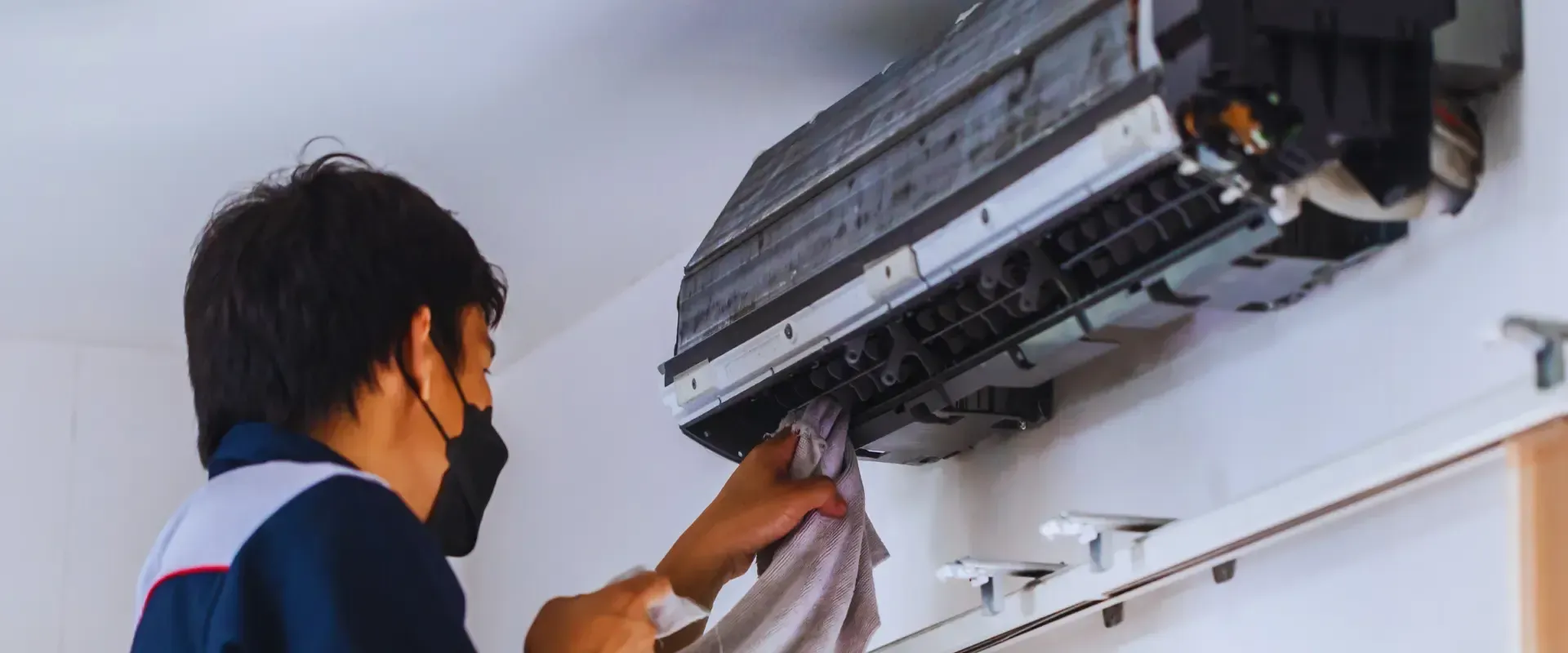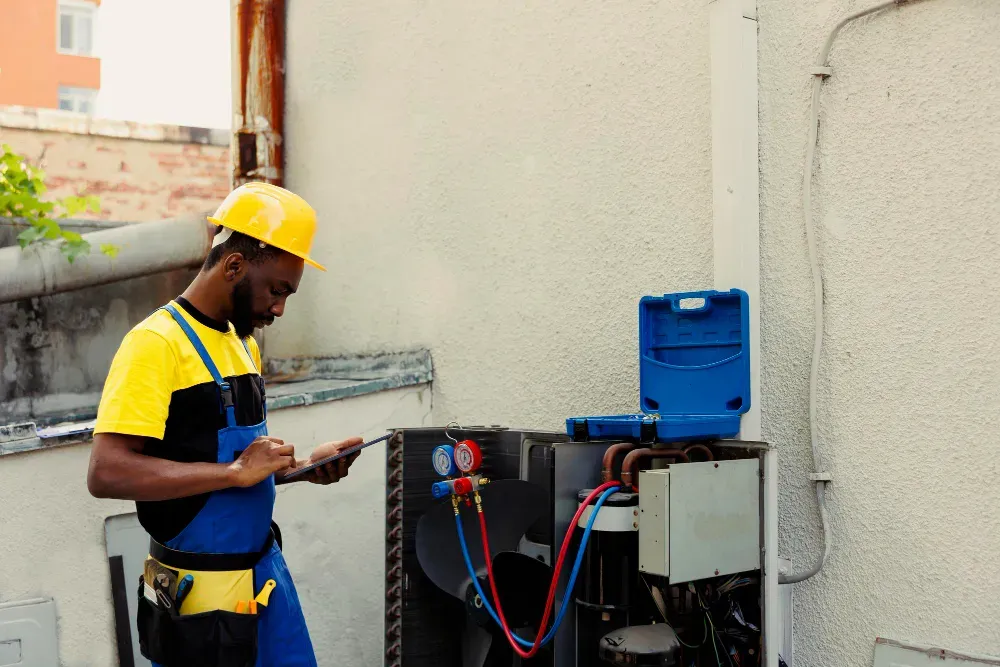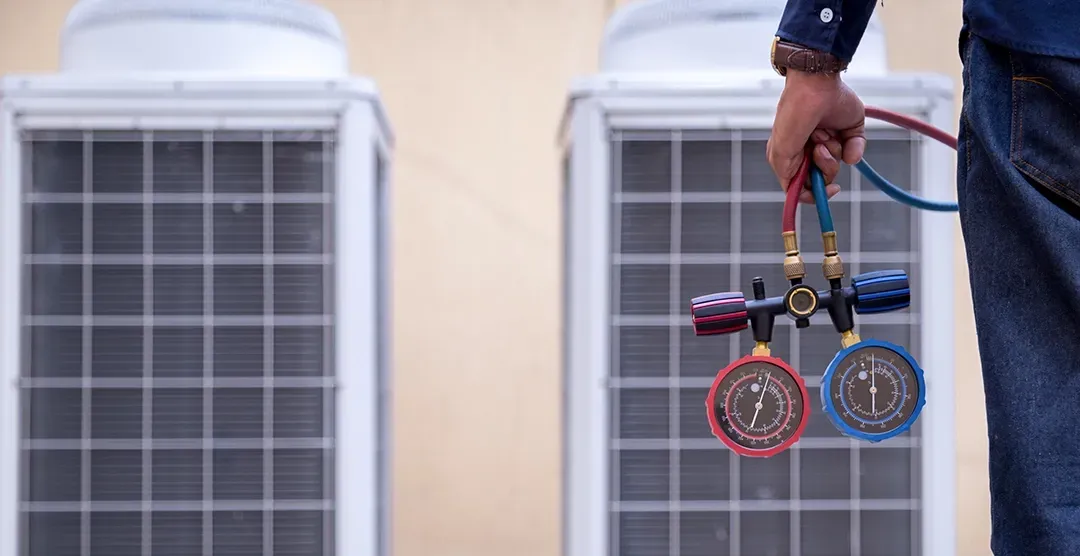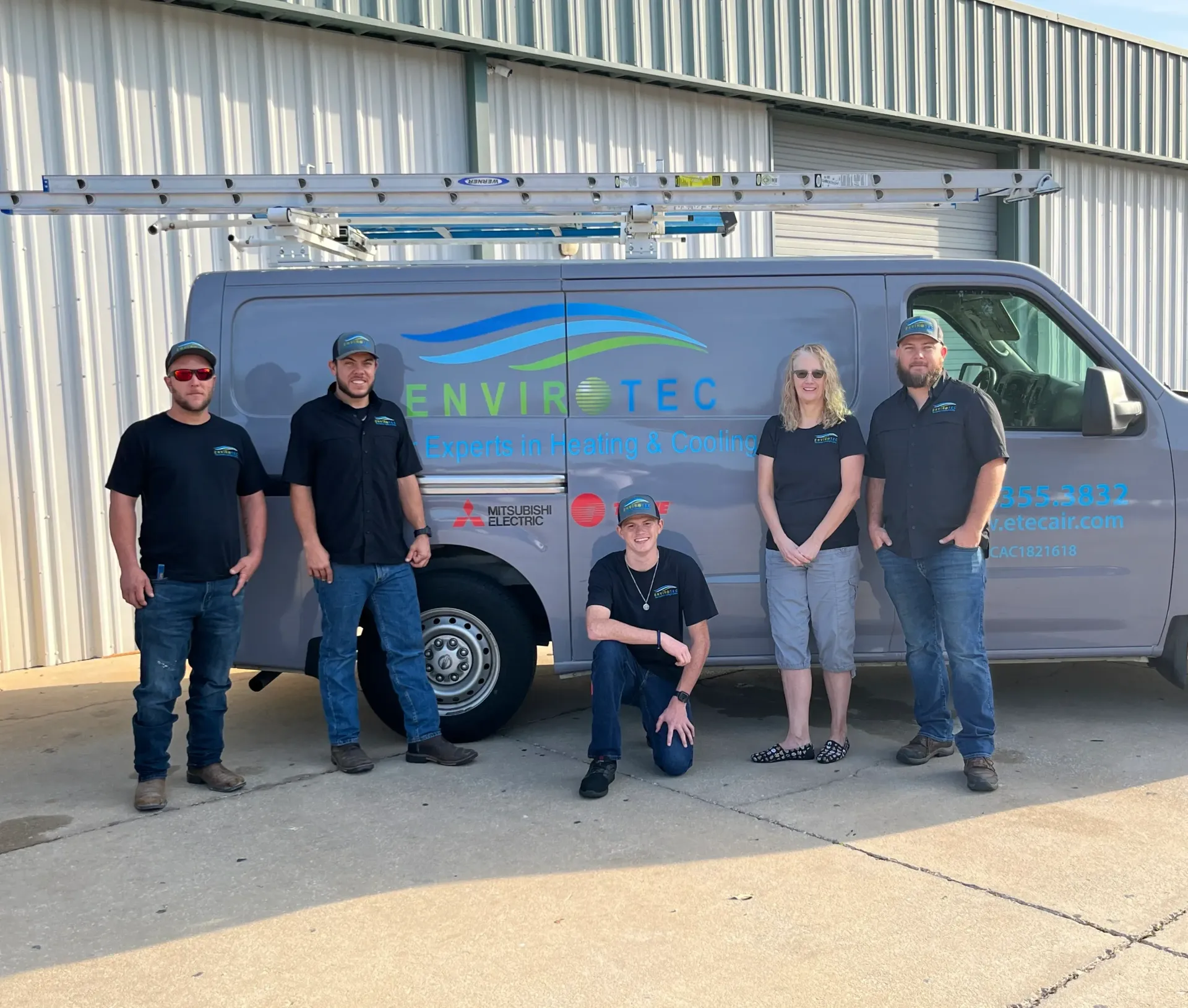Demystifying HVAC Repair: Is It Really That Complicated?
Living in Bradenton, FL, I know firsthand how important a well-functioning HVAC system is. The sweltering heat and humidity can make life unbearable without proper air conditioning. But when your system breaks down, it can feel like you're at the mercy of HVAC technicians. Are these repairs really as complicated as they seem, or are some repairmen just not up to snuff? Let's dive into the world of HVAC repair and find out.
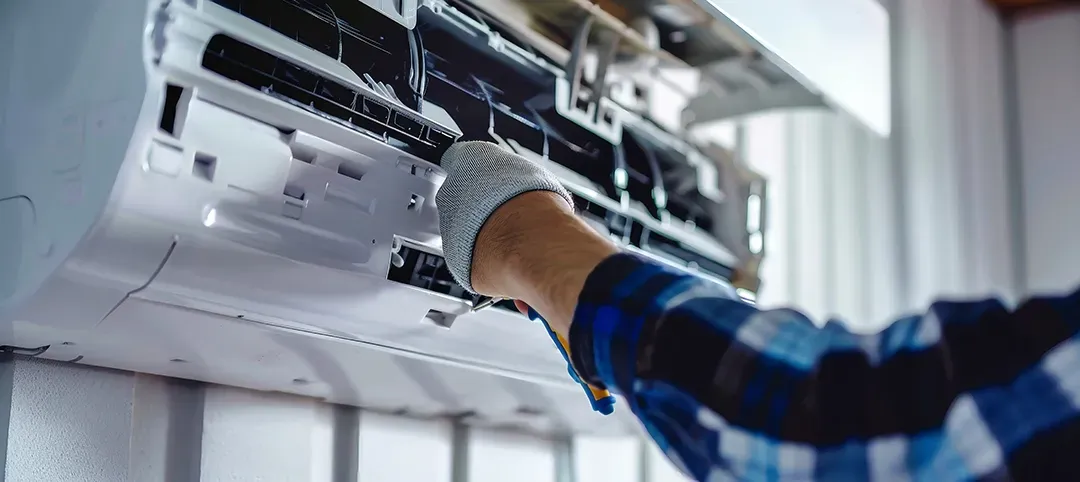
My HVAC Nightmare: A Personal Tale from Bradenton
When the Heat Became Unbearable
Picture this: It's the middle of July in Bradenton, and the temperature outside is soaring. I'm sitting at home, enjoying the cool air from my trusty AC unit when suddenly, I hear a strange noise. Within minutes, the cool air stops flowing, and I'm left in a rapidly warming house. Little did I know, this was the beginning of my journey into the complex world of HVAC repair.
Understanding HVAC Systems: The Basics
What Makes Up an HVAC System?
Before we can understand HVAC repair, we need to know what we're dealing with. HVAC stands for Heating, Ventilation, and Air
Conditioning. These systems typically include:
- A furnace or heat pump for heating
- An air conditioner for cooling
- Ductwork for air distribution
- A thermostat for temperature control
- Filters for air purification
How Does an HVAC System Work?
In simple terms, an HVAC system works by moving air in and out of your home, heating or cooling it as needed. It's like a big circulatory system for your house, keeping the temperature just right.
Common HVAC Problems Homeowners Face
Issues with Heating
- Uneven heating
- Strange noises from the furnace
- Pilot light problems
Cooling System Troubles
- Weak airflow
- Warm air coming from vents
- Frequent cycling on and off
Ventilation and Air Quality Concerns
- Stuffy or stale air
- Excessive dust
- High humidity levels
The Complexity of HVAC Repair: Myth vs. Reality
Why HVAC Systems Can Be Tricky
HVAC systems are complex machines with many interconnected parts. What seems like a simple problem can often have multiple underlying causes. For example, weak airflow could be due to a clogged filter, duct leaks, or a failing blower motor.
Skills Required for Effective HVAC Repair
Technical Knowledge
HVAC technicians need to understand electrical systems, refrigeration cycles, and mechanical components. It's not just about swapping out parts; it's about understanding how the whole system works together.
Diagnostic Abilities
A good HVAC repairman is like a detective. They need to interpret symptoms, ask the right questions, and use specialized tools to pinpoint the issue.
Safety Awareness
Working with HVAC systems involves handling refrigerants, electrical components, and sometimes natural gas. Safety is paramount, and proper training is essential.
DIY HVAC Maintenance: What You Can Do
While many repairs require professional help, there are things you can do to keep your system running smoothly:
Regular Filter Changes
I make it a habit to change my HVAC filter every 1-3 months. It's an easy task that can significantly improve your system's efficiency and air quality.
Keeping the Outdoor Unit Clean
I regularly clear debris from around my outdoor unit and gently clean the fins. This helps maintain proper airflow and efficiency.
Thermostat Settings and Maintenance
I've learned to program my thermostat for energy efficiency and to check its batteries annually. These simple steps can prevent unnecessary wear on your system.
When to Call a Professional HVAC Technician
Signs Your HVAC System Needs Expert Attention
- Unusual noises or odors
- Significant increase in energy bills
- Frequent cycling on and off
- Inconsistent temperatures throughout your home
- Ice formation on the outdoor unit
Choosing the Right HVAC Service Provider
When I needed help, I looked for a provider with:
- Proper licensing and insurance
- Positive customer reviews
- Clear communication and upfront pricing
- Emergency services availability
In Bradenton, I found Etecair to be a reliable option for HVAC services.
The HVAC Repair Process: What to Expect
Initial Diagnosis
A good technician will start by asking about your concerns and inspecting your system thoroughly. They should explain what they're doing and why.
Explaining the Problem and Solution
I appreciate when technicians take the time to break down the issue in simple terms. They should explain the problem, the proposed solution, and any alternative options.
Repair or Replacement Decision
Sometimes, the cost of repair might be close to the cost of a new unit. A trustworthy technician will help you weigh the pros and cons of each option.
HVAC Repair Costs: Understanding the Factors
Labor Costs
HVAC repair labor costs can vary widely based on the complexity of the job and the technician's experience.
Parts and Materials
The cost of replacement parts can range from a few dollars for a capacitor to several hundred for a compressor.
Emergency vs. Scheduled Repairs
I learned the hard way that emergency repairs often come with a premium price tag. Scheduling regular maintenance can help avoid these costly situations.
Avoiding HVAC Repair Scams: Red Flags to Watch Out For
- Unusually low quotes
- Pressure to make immediate decisions
- Lack of written estimates
- Recommendations for unnecessary services
The Importance of Regular HVAC Maintenance
Benefits of Preventive Care
- Improved energy efficiency
- Extended system lifespan
- Better air quality
- Fewer unexpected breakdowns
Creating a Maintenance Schedule
I've found that scheduling bi-annual check-ups (spring and fall) helps keep my system in top shape.
Energy Efficiency and HVAC Repairs
How Repairs Impact Energy Consumption
A well-maintained HVAC system can significantly reduce your energy bills. Even small issues like dirty coils or low refrigerant can cause your system to work harder and use more energy.
Upgrading for Better Efficiency
When faced with major repairs, consider the potential energy savings of upgrading to a more efficient system. It might cost more upfront but save money in the long run.
The Future of HVAC Repair: Emerging Technologies
The HVAC industry is evolving with smart thermostats, zoned systems, and even AI-assisted diagnostics. These advancements may make some aspects of HVAC repair easier, but they also require technicians to continually update their skills.
Conclusion: Navigating the World of HVAC Repair
After my HVAC adventure, I've come to realize that while these systems are indeed complex, many issues can be prevented with proper maintenance. Yes, some repairs are complicated and require expert knowledge. But a good HVAC technician should be able to explain the problem and solution clearly, helping you understand what's going on with your system.
If you're in Bradenton and need HVAC help, don't hesitate to contact a professional. Remember, a little knowledge goes a long way in ensuring you get the service you deserve.
FAQs About HVAC Repair and Maintenance
- Q: How often should I have my HVAC system serviced? A: I recommend having your system checked twice a year, typically in spring and fall.
- Q: Can I perform HVAC repairs myself? A: While some maintenance tasks are DIY-friendly, most repairs require professional expertise due to safety concerns and technical complexity.
- Q: How long does an HVAC system typically last? A: With proper maintenance, an HVAC system can last 15-20 years, but individual components may need replacement sooner.
- Q: Why does my HVAC system smell when I turn it on? A: Odors can indicate various issues, from mold growth to burning wires. It's best to have a professional check it out.
- Q: How can I improve my HVAC system's efficiency? A: Regular maintenance, proper insulation, and using a programmable thermostat can all help improve efficiency.
Key Takeaways:
- HVAC systems are complex, but many issues can be prevented with regular maintenance
- DIY maintenance like filter changes can help, but most repairs require professional expertise
- Choose HVAC technicians carefully, looking for proper licensing and clear communication
- Regular maintenance can improve efficiency, extend system life, and prevent costly breakdowns
- Understanding the basics of your HVAC system can help you make informed decisions about repairs and replacements
| HVAC Issue | Possible Causes | DIY or Pro? |
|---|---|---|
| Weak airflow | Dirty filter, duct leaks | DIY filter change, Pro for ducts |
| No cool air | Low refrigerant, compressor issues | Pro |
| Strange noises | Loose parts, motor problems | Pro |
| High energy bills | Inefficient operation, leaks | DIY maintenance, Pro for major issues |
| Frequent cycling | Thermostat issues, oversized unit | Pro |
"An ounce of prevention is worth a pound of cure." - Benjamin Franklin
This quote perfectly sums up the importance of regular HVAC maintenance. By taking care of your system, you can avoid many costly repairs down the line.
